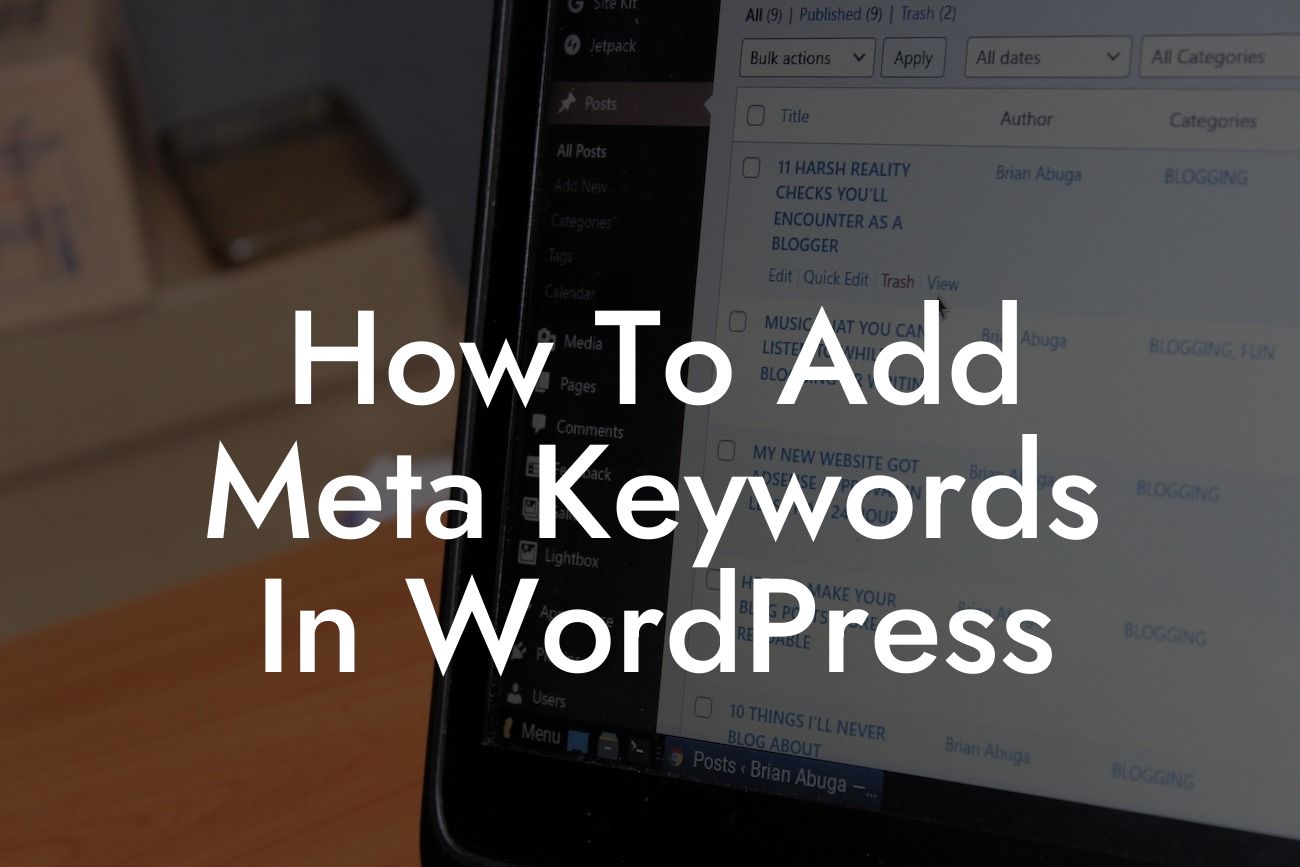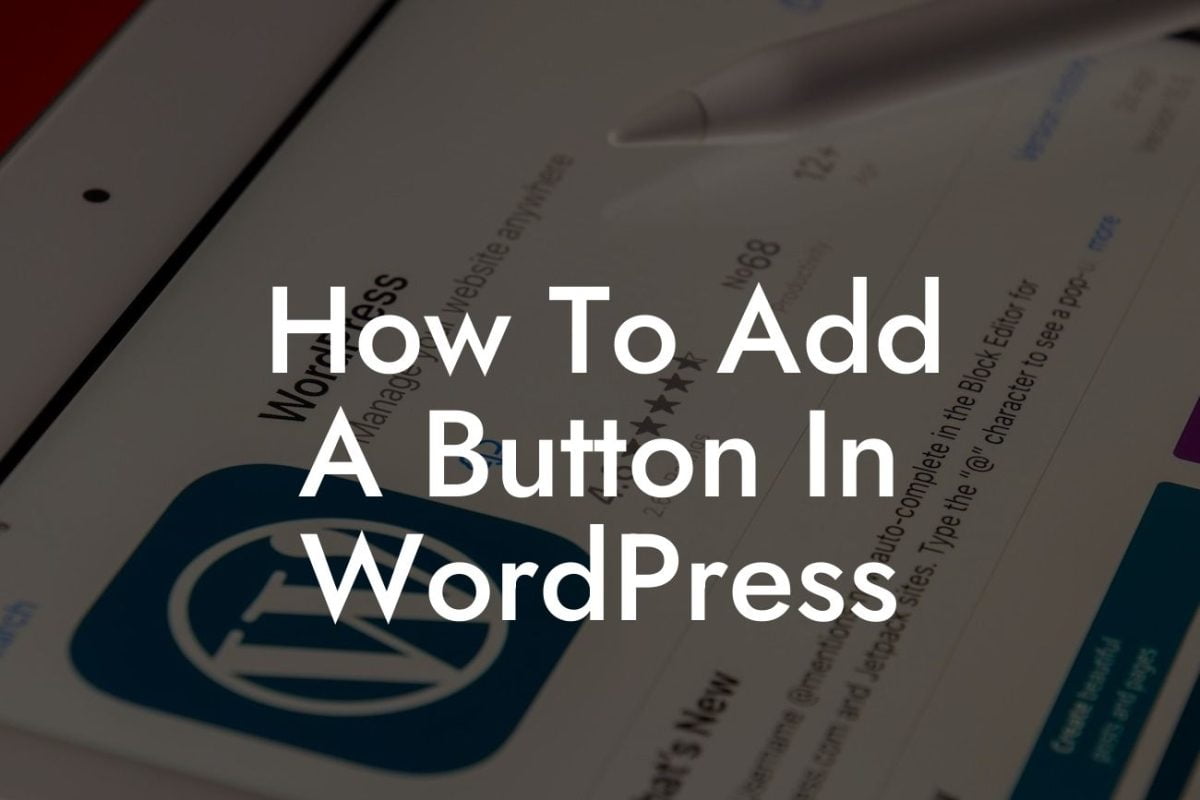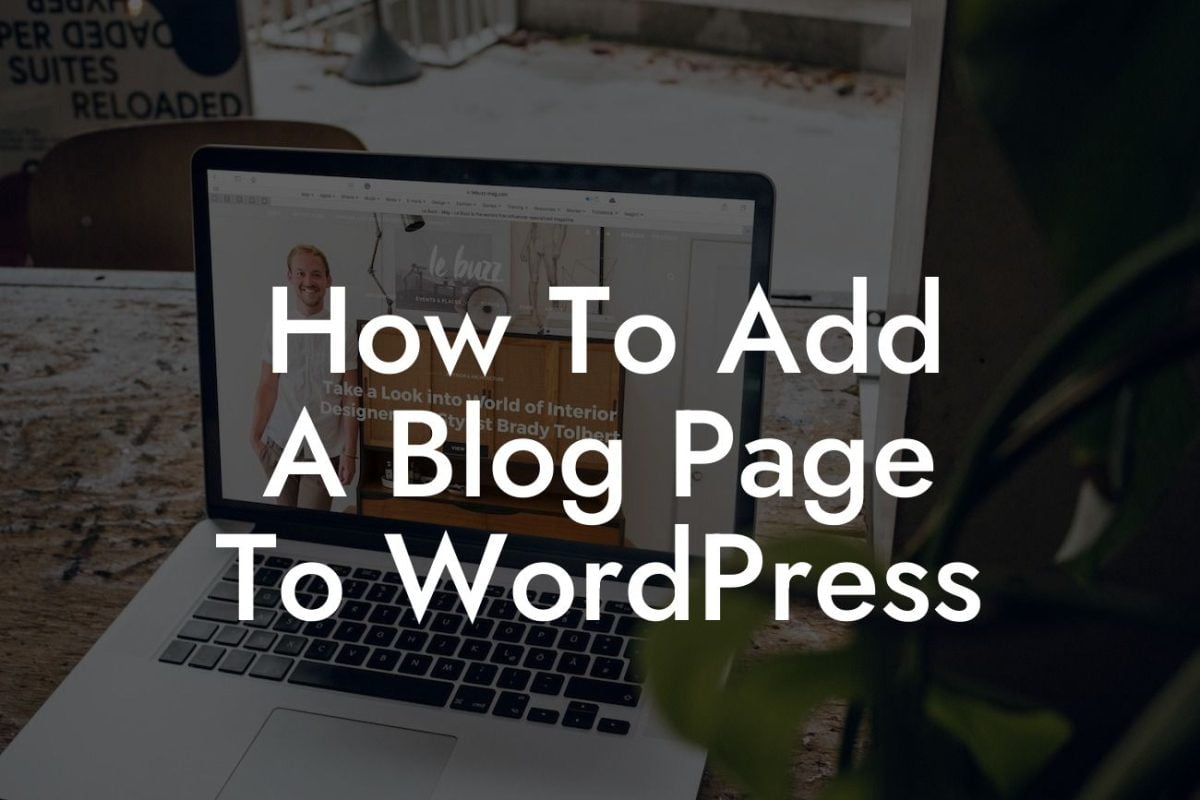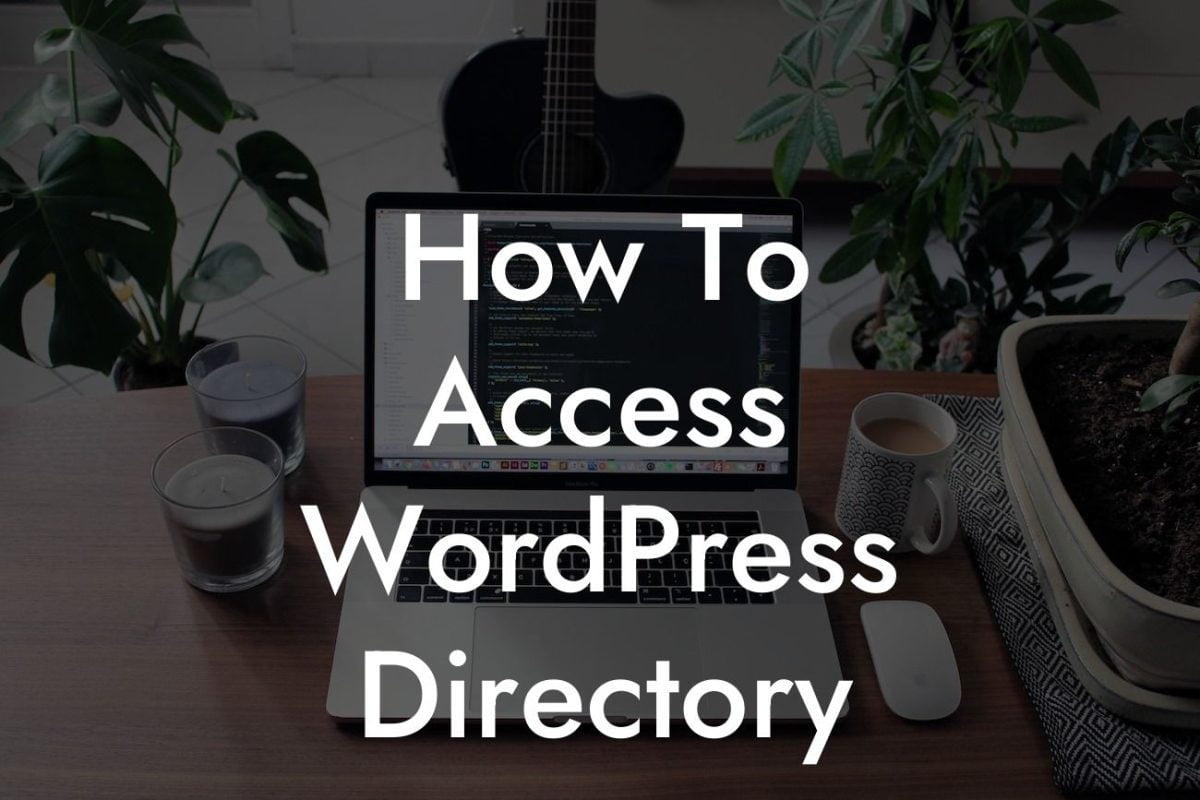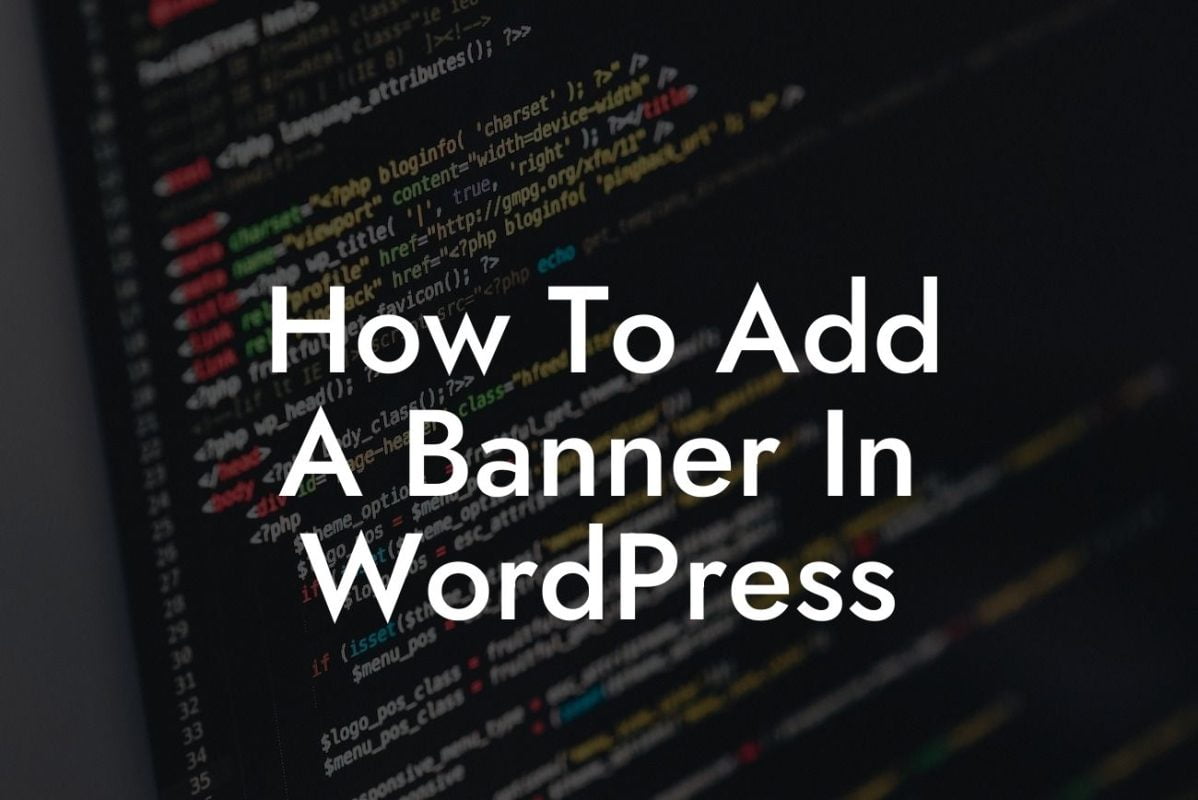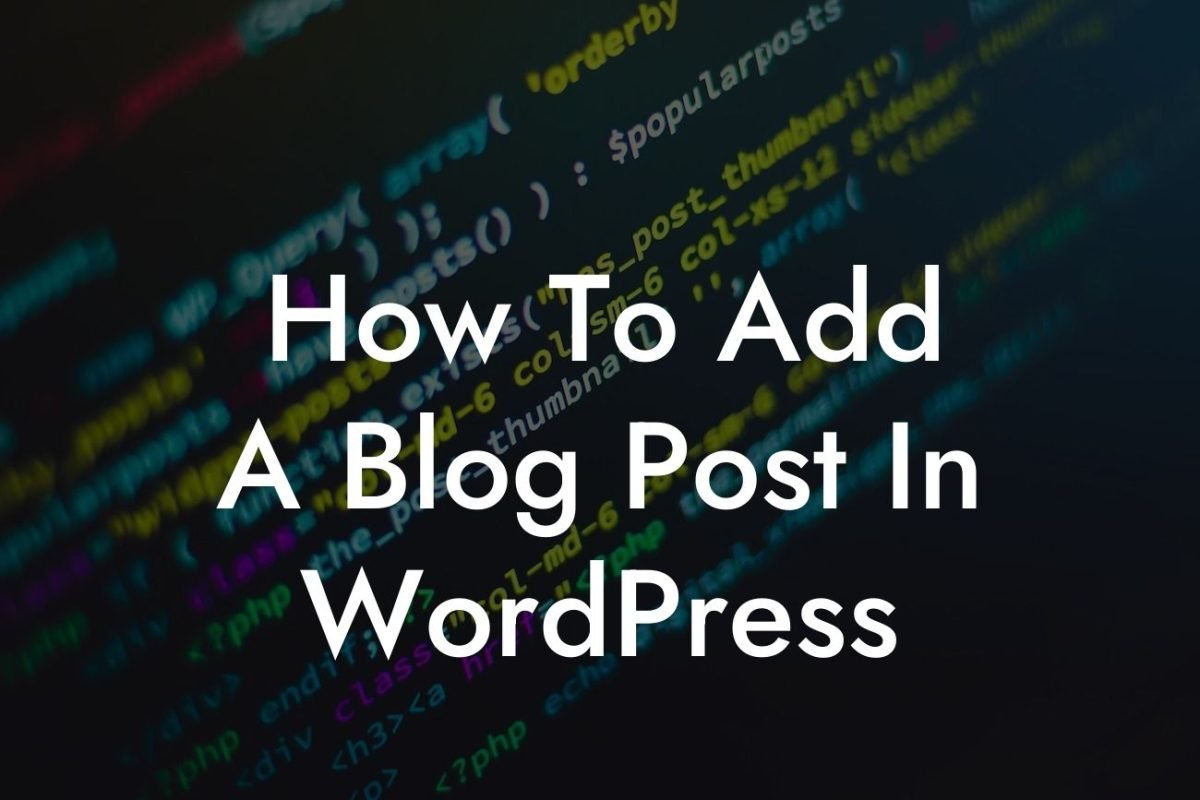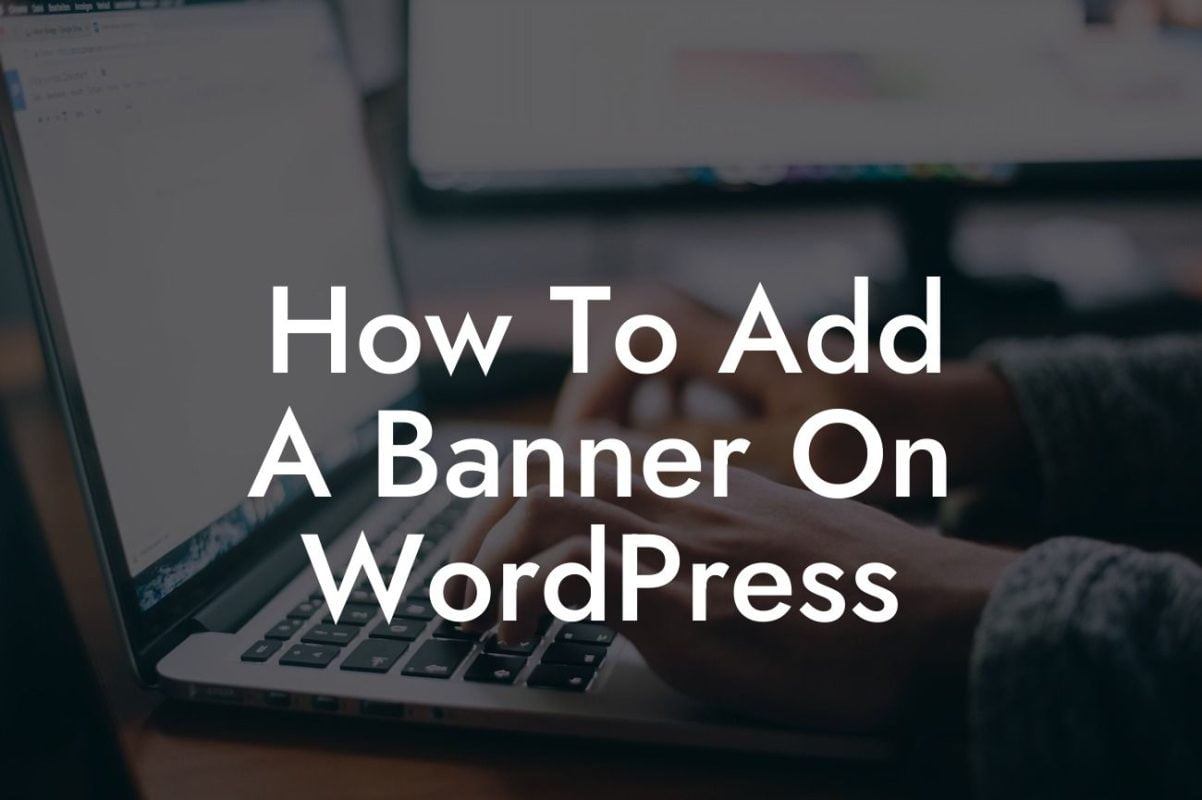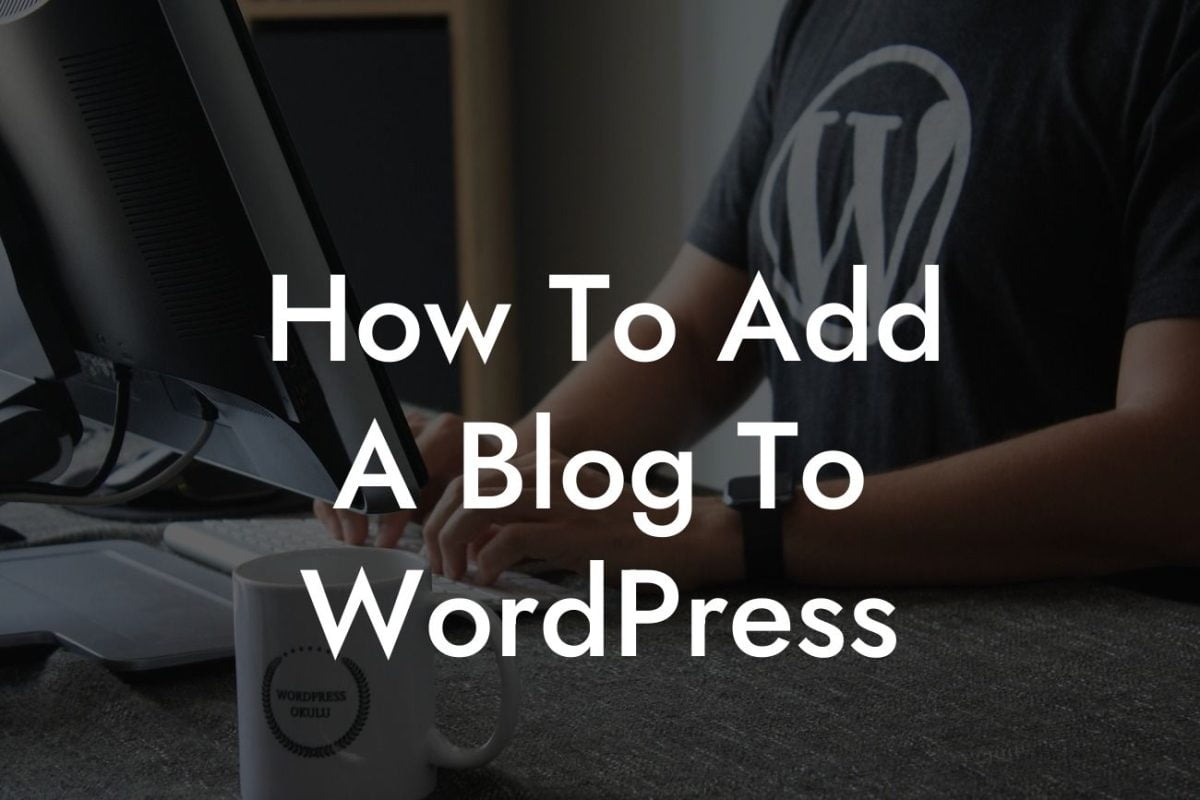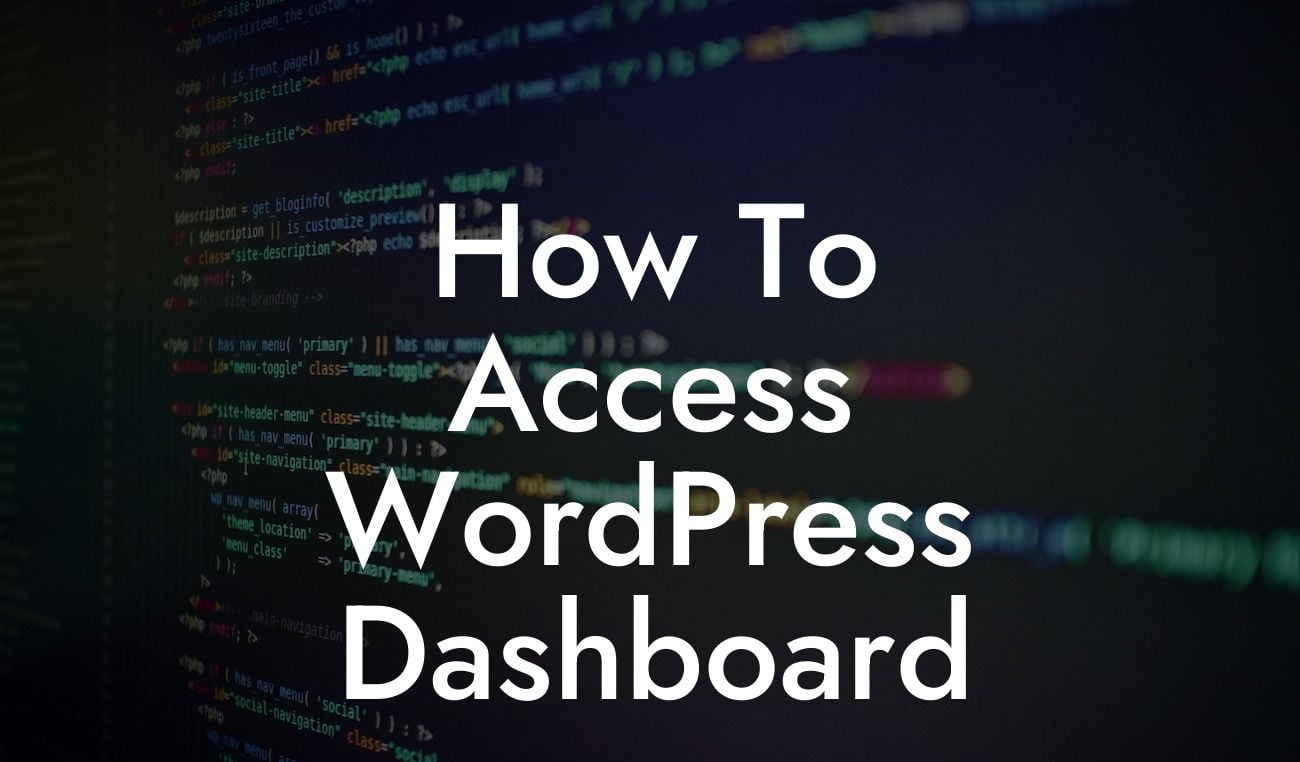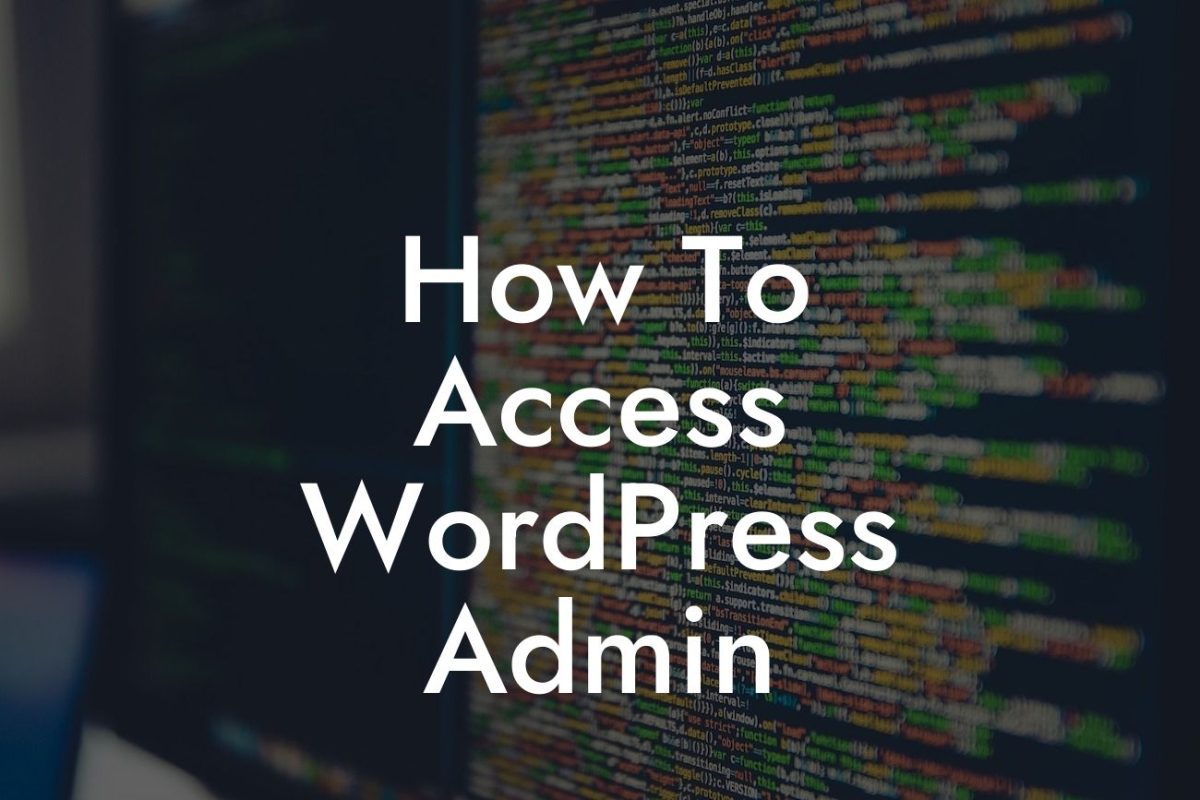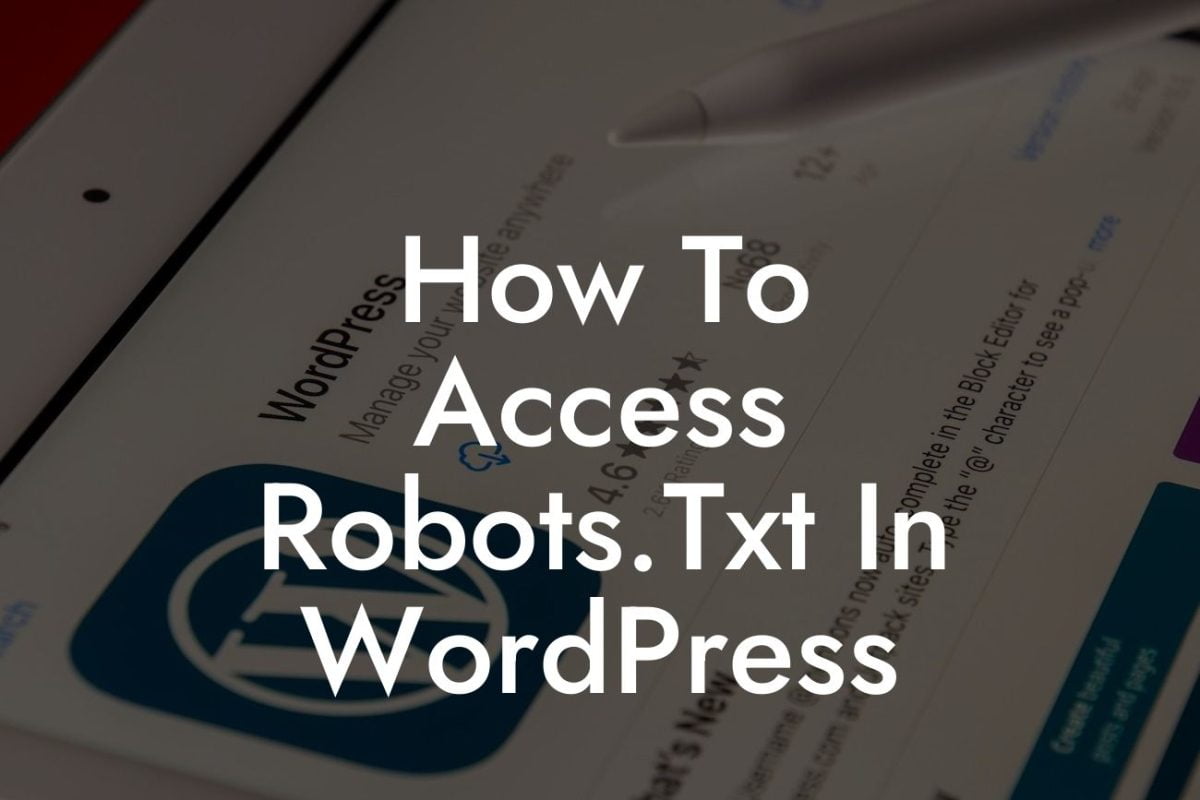Meta keywords used to play a crucial role in determining a website's ranking on search engine result pages (SERPs) in the past. However, in recent years, Google has publicly stated that they no longer consider meta keywords as a ranking factor. Despite this change, some website owners still believe that adding meta keywords can benefit their search engine optimization (SEO) efforts. In this article, we will guide you on how to add meta keywords in WordPress and discuss whether it is still worth doing.
Adding meta keywords in WordPress is a relatively simple task. Here are the steps you need to follow:
1. Install an SEO plugin: To add meta keywords, you will need an SEO plugin that allows you to customize meta tags. Some popular options include Yoast SEO, All in One SEO Pack, and Rank Math. Install and activate your preferred plugin.
2. Access the SEO settings: Once the plugin is activated, you can access its settings from the WordPress dashboard. Look for the plugin's name in the sidebar menu and click on it.
3. Find the meta keywords field: Inside the SEO plugin settings, navigate to the section related to meta tags or metadata. Different plugins have different interfaces, but you will generally find an option to add meta keywords there.
Looking For a Custom QuickBook Integration?
4. Enter your meta keywords: In the designated field, enter the relevant keywords or phrases that best describe the content of your webpage. Make sure to separate each keyword or phrase with a comma. Avoid excessive keyword stuffing, as it can be considered spammy by search engines.
5. Save your changes: After adding the meta keywords, save your changes. The SEO plugin will automatically generate the necessary meta tags and include them in the HTML code of your webpage.
How To Add Meta Keywords In Wordpress Example:
Suppose you are writing a blog post about "home gardening tips." Your meta keywords could include phrases such as "gardening at home," "indoor plants," "organic gardening," and "gardening for beginners." These keywords help search engines understand what your content is about and may improve its visibility in relevant search results.
In conclusion, while meta keywords are no longer a significant ranking factor, adding them in WordPress can still provide some benefits. They make it easier for search engines to understand the context of your content. However, it is essential to focus on other critical SEO elements, such as high-quality content, relevant backlinks, and user-friendly website design.
Don't forget to explore other helpful guides on DamnWoo to enhance your online presence. Also, try our awesome WordPress plugins designed exclusively for small businesses and entrepreneurs to elevate your success. Share this article with others who might find it useful in their SEO efforts.

